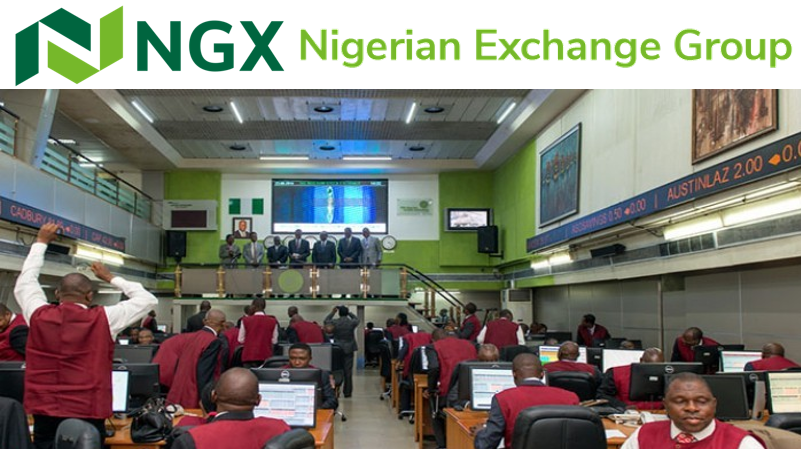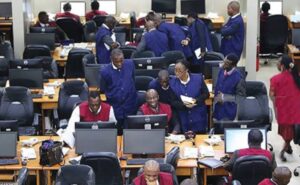
The Nigerian stock market has demonstrated remarkable resilience, recording a year-to-date (YtD) growth of 31.34 percent as of December 6, 2024.
This performance places it among the top four best-performing exchanges in Africa, despite enduring challenges such as double-digit inflation and a volatile foreign exchange market.
Ranked fourth on the continent, the Nigerian Exchange Limited All-Share Index (NGX ASI) trails behind the Ghana Stock Exchange Composite Index (GSE-CI), the Malawi Stock Exchange (MSE), and the Lusaka Securities Exchange All Share Index (LuSE), which posted YtD gains of 51.38 percent, 48.86 percent, and 46.16 percent respectively.
Ghana emerged as Africa’s best-performing stock market, buoyed by macroeconomic stabilization, rising gold prices, and a steady cedi. Analysts attribute its robust performance to increased trading volumes, high treasury bill yields, and a recovery from a domestic debt exchange program.
In contrast, the Zimbabwe Stock Exchange All Share Index (ZSE ASI) suffered a staggering -99.89 percent YtD decline, plagued by hyperinflation, weak foreign participation, and governance issues.
Nigeria’s stock market, however, remained resilient, driven by foreign investors’ inflows, banking sector recapitalisation, and strong corporate earnings, particularly in the financial sector. Reforms in the foreign exchange market by the Central Bank of Nigeria (CBN) have also played a significant role.
In 2024, foreign investors’ transactions on the NGX reached ₦744.34 billion in 10 months, marking a 156 percent year-on-year increase compared to ₦291.38 billion during the same period in 2023. This surge reflects renewed investor confidence following the CBN’s foreign exchange reforms aimed at transparency and market stability.
The CBN’s aggressive monetary policy, including raising the monetary policy rate (MPR) to 27.50 percent from 18.75 percent in November 2023, aims to curb inflation and stabilise the naira. Inflation, as reported by the National Bureau of Statistics (NBS), reached 33.88 percent in October 2024, up from 28.2 percent a year earlier.
“The CBN remains committed to addressing price developments while creating a fair and stable FX market,” said Governor of CBN, Mr. Olayemi Cardoso.
Corporate milestones also boosted the stock market’s performance. The listing of Transcorp Power Plc and Aradel Holdings, with market capitalisations of ₦2.7 trillion and ₦2.25 trillion respectively, alongside strong performances by Airtel Africa Plc, Dangote Cement Plc, Seplat Energy Plc, and Guaranty Trust Holding Company Plc, contributed to the market’s ₦59.107 trillion capitalization.
Despite the impressive 31.34 percent YtD growth, analysts suggest the stock market may not surpass its 2023 performance. Nevertheless, Nigeria’s positioning among Africa’s top-performing exchanges highlights its potential to weather economic challenges while remaining an attractive destination for investors.
Discover more from Astudity Limited
Subscribe to get the latest posts sent to your email.
